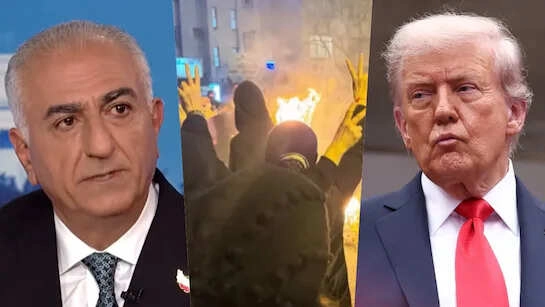North Korean leader Kim Jong Un has recently taken a significant step in enhancing the country’s military capabilities by supervising the test of artificial intelligence (AI) suicide drones. This development marks a notable advancement in North Korea’s military technology and reflects the regime’s ongoing efforts to modernize its armed forces amid international sanctions and geopolitical tensions. The use of AI in military applications has become increasingly prevalent around the world, and North Korea appears eager to leverage this technology to bolster its offensive capabilities.
During the test, Kim Jong Un reportedly expressed satisfaction with the performance of the drones, which are designed to carry out precision strikes on designated targets. These AI-driven drones represent a shift towards more autonomous warfare, potentially allowing North Korea to conduct operations with reduced human oversight. The implications of such technology are significant, as it could enable the regime to carry out attacks more effectively and with less risk to its personnel. This development raises concerns not only for South Korea and the United States but also for regional stability in East Asia.
Moreover, the testing of AI suicide drones highlights North Korea’s commitment to developing asymmetric warfare strategies that could counterbalance the conventional military superiority of its adversaries. The integration of advanced technologies into its military arsenal underscores the regime’s determination to enhance its deterrence capabilities, particularly in light of ongoing military exercises by the United States and South Korea. As the international community continues to monitor North Korea’s advancements, the potential for escalation in military tensions remains a critical concern, emphasizing the need for diplomatic engagement and dialogue.
In conclusion, Kim Jong Un’s oversight of AI suicide drone tests is a clear indication of North Korea’s ambition to modernize its military and adopt cutting-edge technologies. This initiative not only represents a significant advancement in the country’s military strategy but also poses challenges for regional security. As North Korea continues to develop and refine its military capabilities, the implications for global security dynamics will be profound, necessitating a reevaluation of defense strategies and international diplomatic efforts to mitigate potential conflicts.




